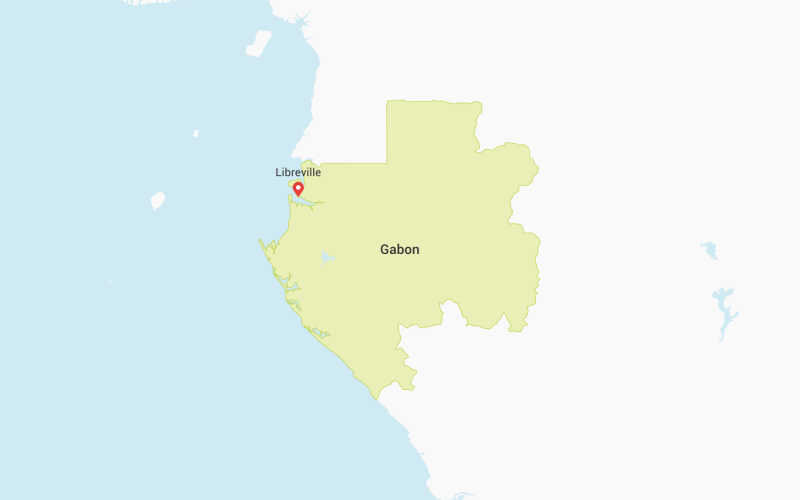
Opposition parties and multi-party elections were not legalized in Gabon until 1990. President Omar Bongo, who ruled the country for over four decades until his death in 2009, was succeeded by his son Ali Bongo after he won a contested election that raised concerns about the transparency of Gabon’s political process. Allegations of elections fraud surfaced again when Bongo won the presidential election in August 2016. Following violent outbursts between opposing political parties, the government of Gabon on 21 September 2016 referred the situation on its territory to the ICC Prosecutor, who announced the opening of a preliminary examination on 29 September 2016.
